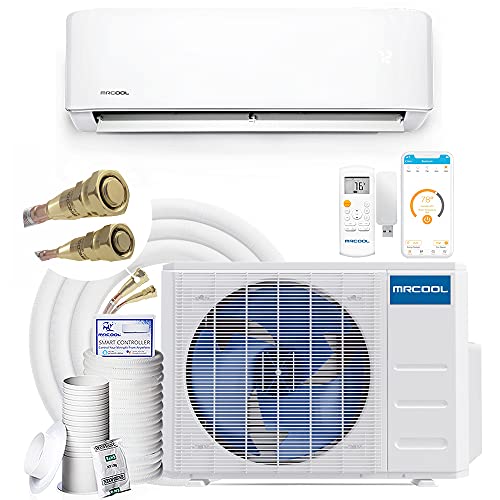A heat pump effectively keeps your home comfortable when temperatures are chilly but not frigid. But, you may wonder whether you should turn your heat pump off at night. We researched the ideal operation for this device.
In most cases, you don't need to turn your heat pump off at night, even with fluctuating temperatures. You may spike energy bills if you often turn your pump off at night rather than trust your settings.
Do turn your heat pump off at night when the temperatures are warm enough that you don't need to let it run. However, consider that you can also use your pump fan to cool down your home at night.
Most heat pumps should be outfitted with a thermostat to help control when and how long a heat pump should run. There may also be an auto-setting which will naturally make adjustments to keep your home's temperature just right.
Compared to a furnace, a heat pump is a better choice to maintain a comfortable home if you are in a more temperate zone. Read on to learn more helpful info about the optimal operation of your heat pump.
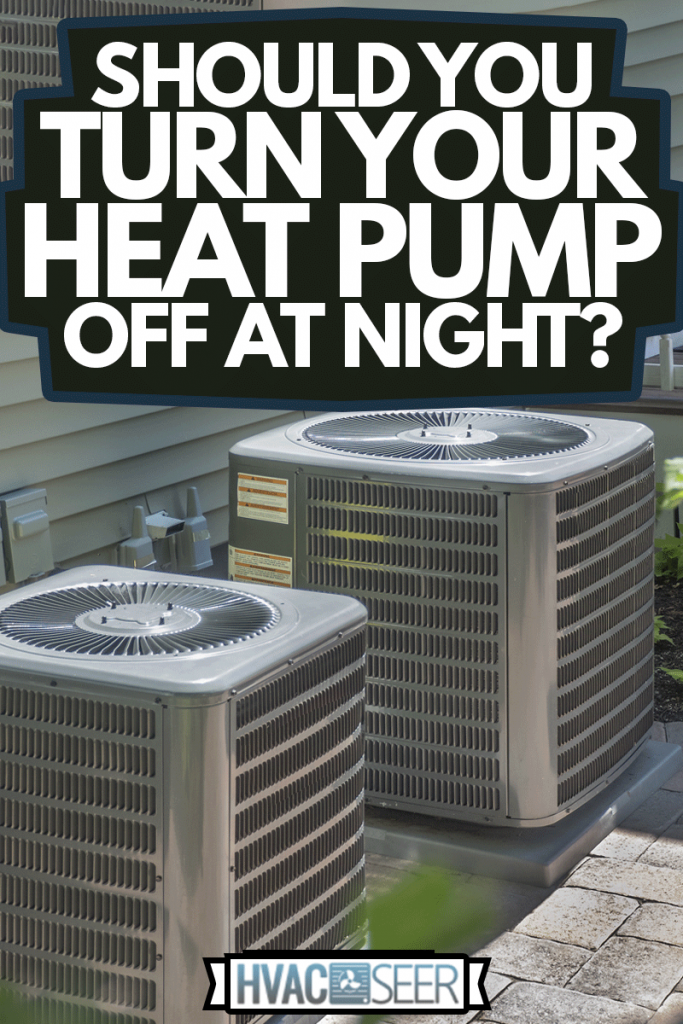
Running Your Heat Pump
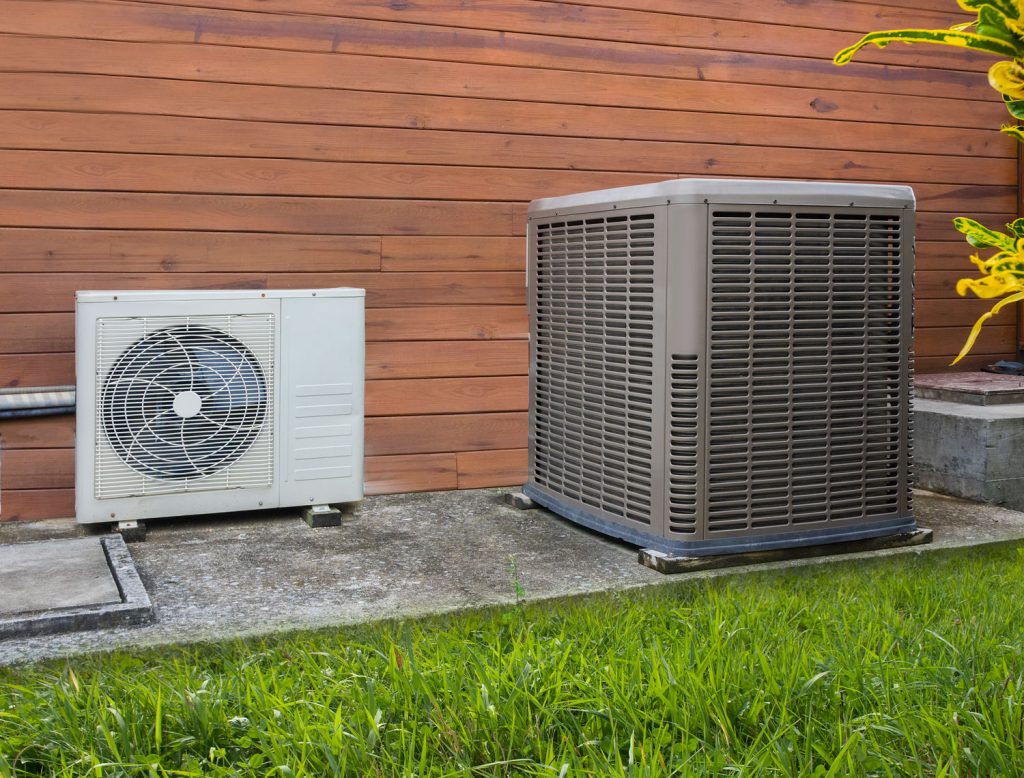
A heat pump can warm and cool your home if you live in a moderate climate. During winter months, when temperatures are below 40 degrees, a heat pump will constantly run to keep temperatures indoors comfortable.
It is not necessary to keep your heat pump running on cool continuously during the summer. Instead, use the fan to help push warm air out of your home and stay comfortable. Regularly get your pump serviced for optimal performance.
Compared to a traditional furnace, a heat pump is pretty efficient at keeping your indoor temperatures comfortable without a high energy bill. However, utilize the auto-settings or set your thermostat and forget it for the best operation.
Resist the urge to turn off your heat pump overnight or for long periods to save energy or money; it may cause the opposite effect. Use the cool, fan, or dry setting in the summer, rather than switching to auto.
Helpful Tips For Energy Efficiency
It may be tempting to switch between heating and cooling throughout the day, but that can cause your energy bills to skyrocket. Each time your pump switches on after being off for a while, more energy is used to regain the loss.
When it's hot, consider switching to the fan mode at night and only running your pump on cool during the daytime when at home. Let your heat pump run continuously to maintain a desirable indoor climate during the winter months.
Install a thermostat suitable for a heat pump, trust your settings, and let your pump do the work. There are smart thermostats that are Wi-Fi connected to keep an eye on your home's temperature and heat pump settings.
Check with your local energy department for suggestions to improve the energy efficiency of your HVAC systems at home. Also, choose energy-efficient heat pumps and smart thermostats to maximize the heating and cooling of your home.
Maintain Your Heat Pump
Your heat pump should get serviced at least two times a year for optimal performance in the winter and summer. Ensure that the filters are checked, clean, and free of debris which can reduce the pump's operation.
Optimize the fan speed and airflow direction at settings that meet your personal needs and best spread cooling or heated air throughout your home. Check your outdoor unit and make sure it is clear and free of leaves or buildup.
Call a professional HVAC worker to come in and service your heat pump a few times a year. Use the best settings depending on whether you need to dehumidify the air, cool your home, or heat your home, rather than using auto.
How Long Should A Heat Pump Run Per Day?
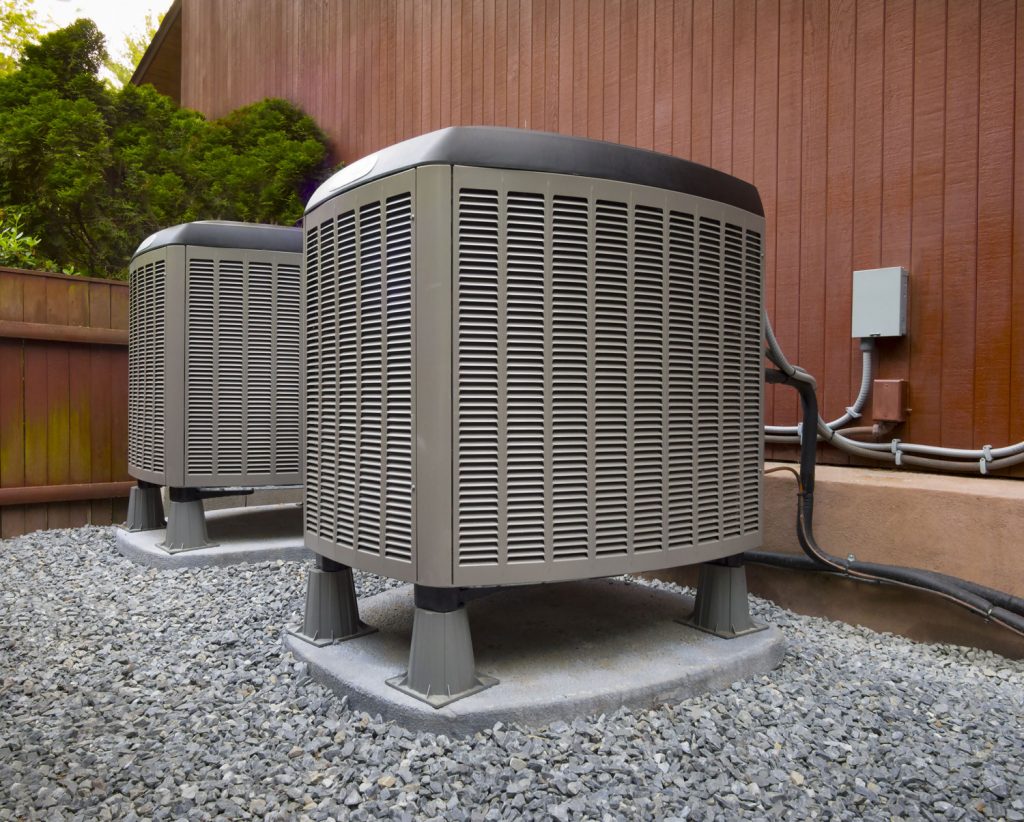
During winter, you may discover your heat pump will run continuously through the day and night to maintain a comfortable temperature. Your heat pump shouldn't constantly be running during the summer. Instead, use the fan.
Usually, a heat pump will have two to three cycles where it will run for 10 to 20 minutes before shutting down within an hour. Have it cleaned and serviced if your heat pump is frequently restarting or struggling because of short cycling.
During the day, it is best to keep your thermostat set to 68 degrees for optimal performance. Set a time where the thermostat is set 7 to 10 degrees lower for 8 hours, preferably when away from your home, to improve energy efficiency.
Let your thermostat setting dictate when your heat pump runs, allowing for up to a few hours of downtime. A drastic reduction in the thermostat can increase energy costs because the pump has to make up for heat loss.
Read More: How Long Should A Heat Pump Run Per Day?
Do Heat Pumps Turn On And Off Frequently?
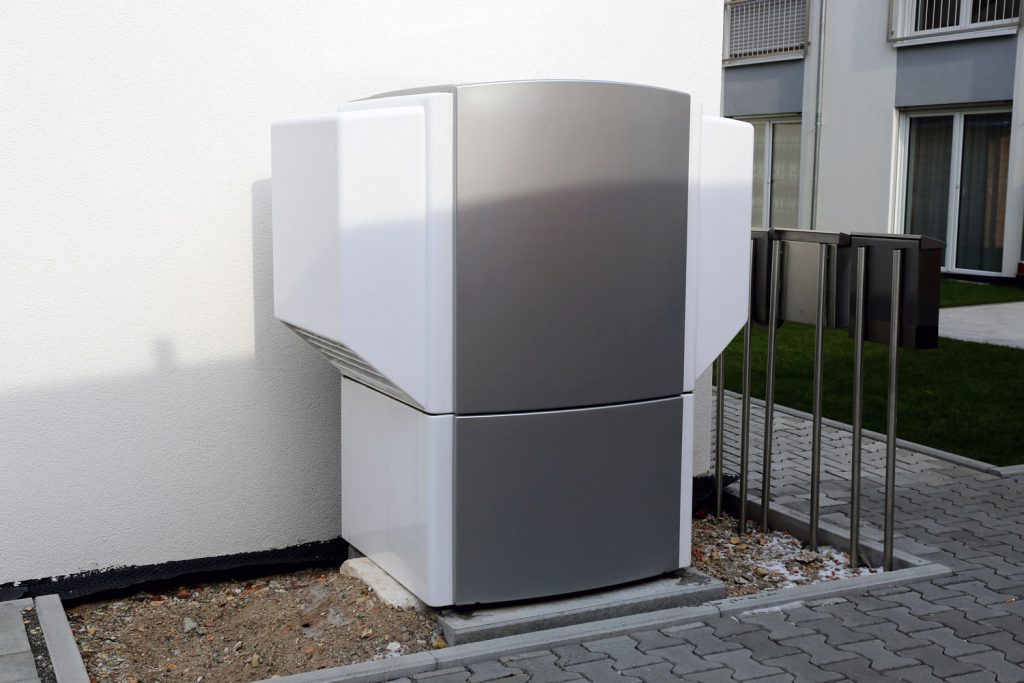
It is natural for your heat pump to turn off between two to three times within each hour cycle. The heat pump should shut down for 10 to 20 minutes before cycling back up again to maintain your indoor temperature.
If your heat pump is shutting down more than three times each hour, check if it needs cleaning or servicing. A heat pump that shuts off often is usually struggling to maintain the temperature indoors. Note, this is called short cycling.
When you set your heat pump to auto, it may frequently shut down and vacillate between cooling and heating, which can reduce energy efficiency and your personal comfort. When temperatures are consistently cold, a pump will stay on.
Check the air filter on your heat pump if it turns off frequently and constantly restarts. Over time, a filter will need cleaning or replacing because of buildup, which reduces performance. Short cycling happens on heating and cooling.
Should A Heat Pump Be Set To Auto?
A heat pump is pretty effective at dehumidifying your home, and dry air is easier to warm up. Choose to set your heat pump's fan on the auto setting during the summer or when temperatures are consistently warmer to keep cool.
It is better to stick to your thermostat settings during the winter than resort to auto. Remember, the auto settings will cause a heat pump to vacillate between heating and cooling, reducing overall efficiency.
Ideally, stick to keeping your heat pump set to heat during the colder months and cool during hotter seasons. Consider keeping your heat pump thermostat set to 68 degrees for a comfortable indoor temperature during the winter season.
You may spend more when your heat pump is set to auto in the winter rather than setting the thermostat to a pleasant temperature. A heat pump works best when it can run without frequently adjusting.
Check out this smart thermostat on Amazon.
How Can You Make A Heat Pump More Efficient?
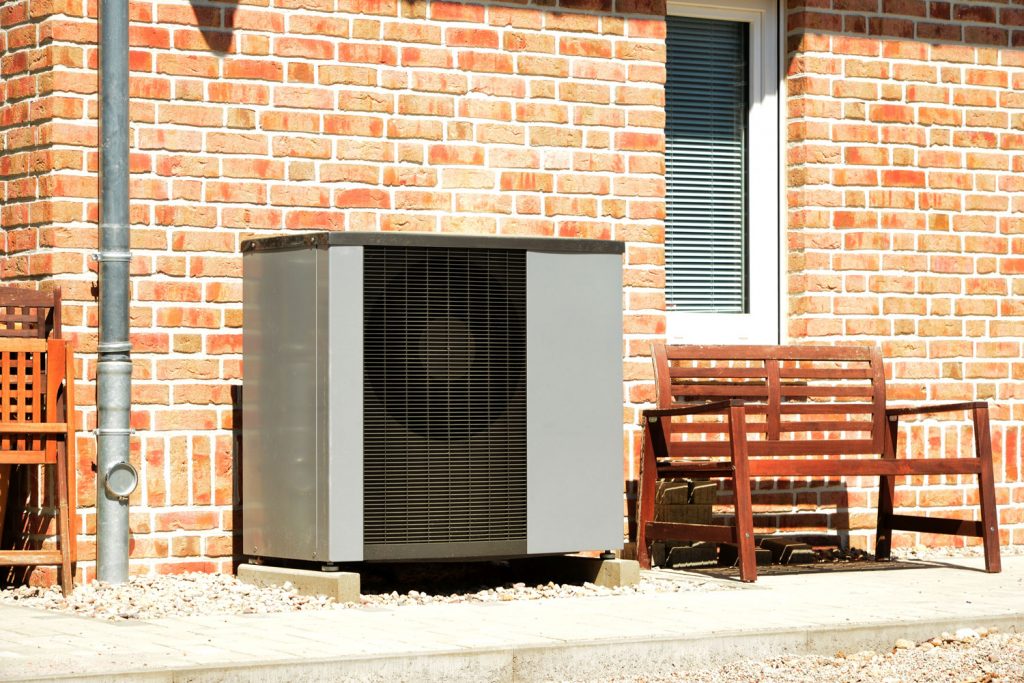
Maximize the operation and performance of your heat pump, especially during colder winter months. It is best to set the thermostat for your heat pump so that you can maintain a comfortable, consistent temperature inside your home.
When you frequently turn your heat pump off and on, you have to wait for your indoor temperatures to get to a comfortable level. Doing this can lead to higher energy bills and reduce the efficiency of a heat pump's operation.
Realize that most heat pumps come with an auto feature to change daily and night operation, based on the current temperatures. In most cases, set your thermostat and leave your settings alone. Use a smart thermostat too.
Only when there are consistently warmer temperatures should you consider turning your pump off. However, it can be used to cool your home as well. Regularly service your heat pump and keep dust filters clean for optimal performance.
Read More: Do I Need A Special Thermostat For A Heat Pump?
Check out this Energy Star heat pump on Amazon.
Conclusion
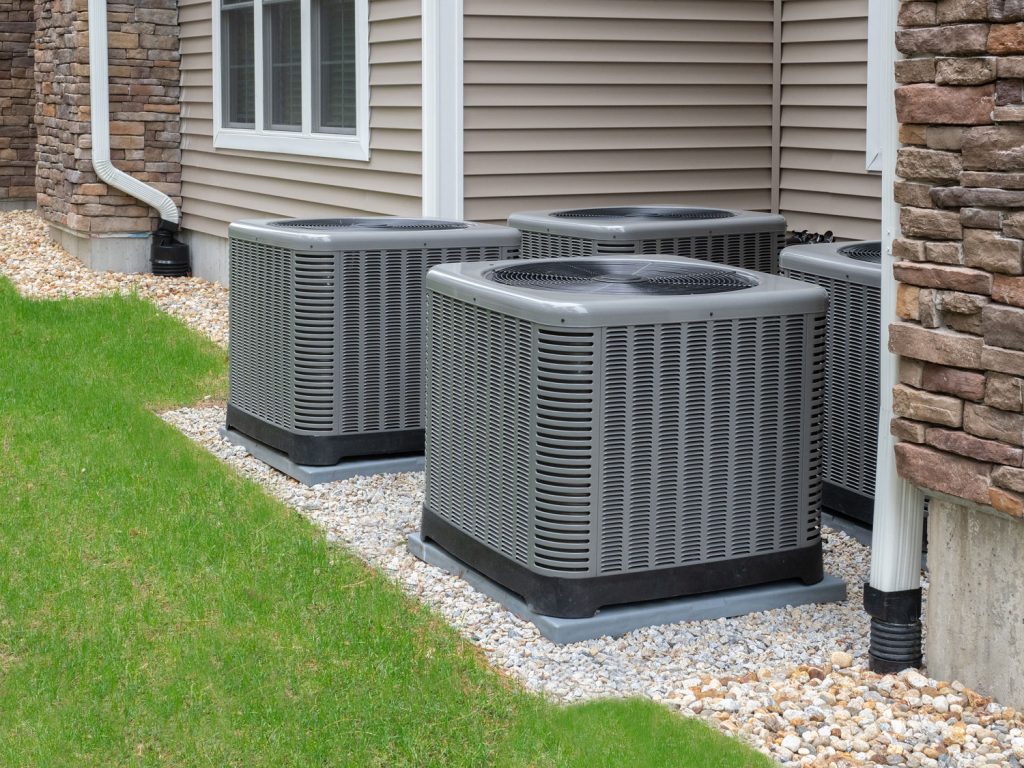
We hope you discovered more in-depth information about running your heat pump more efficiently. When the weather fluctuates in temperature, it is tempting to turn off your heat pump altogether rather than rely on your chosen settings.
Heat pumps are most effective when you set it and forget it, allowing the thermostat and auto-controls to regulate your home's temperature. There are times when it may be wise to shut off the heat pump at night, but not often.
Before you go, don't miss out on the following helpful articles.


